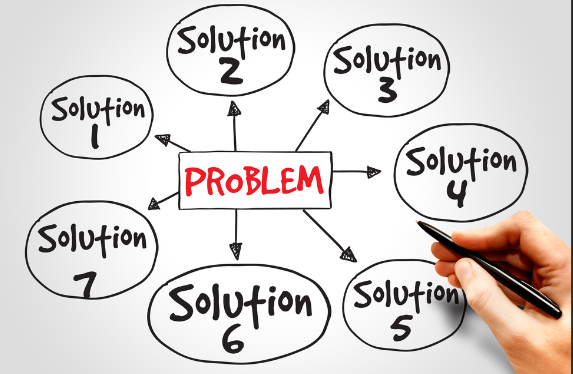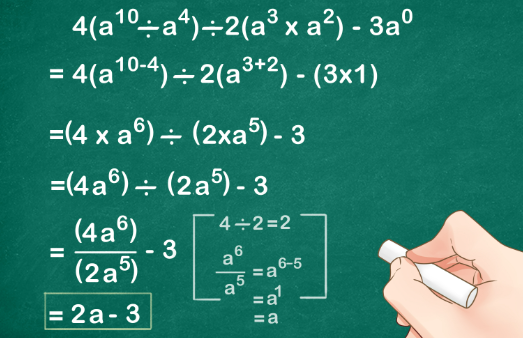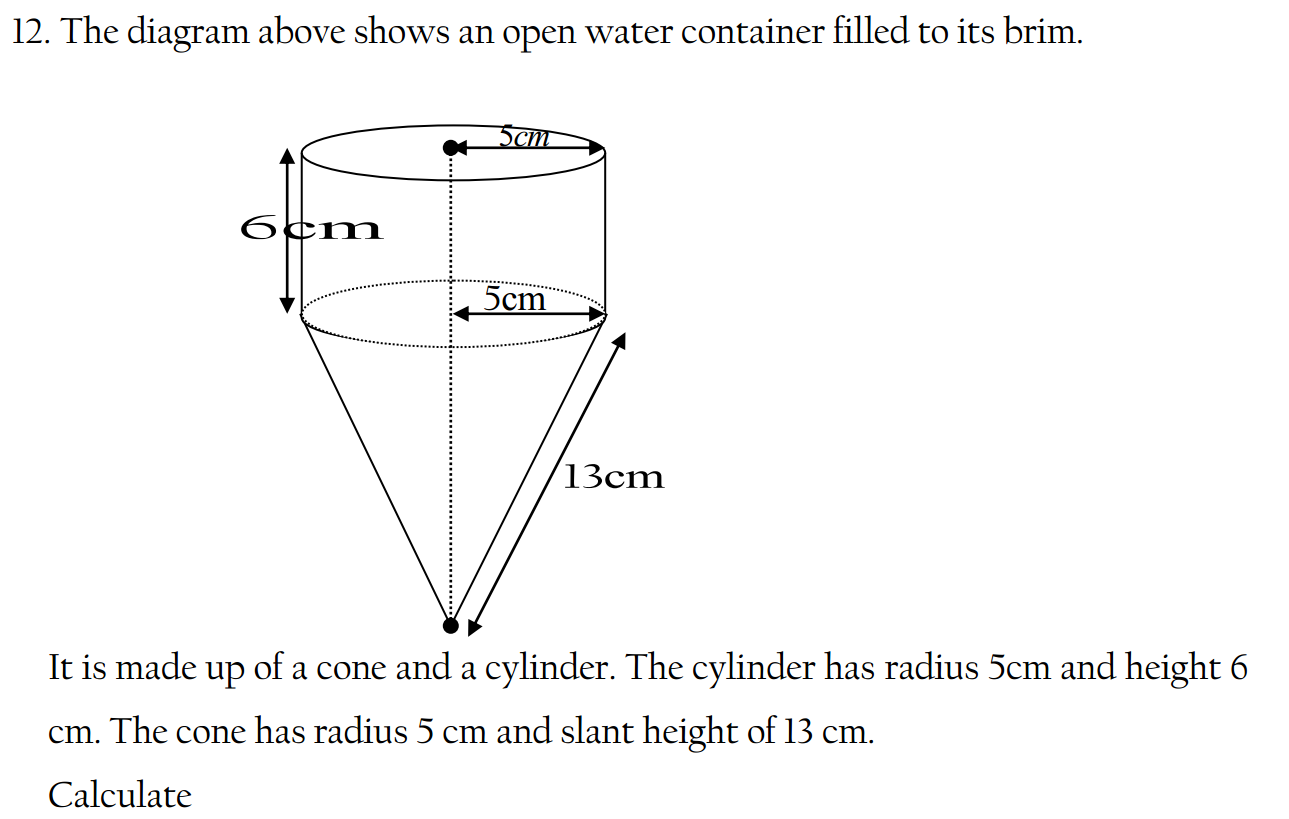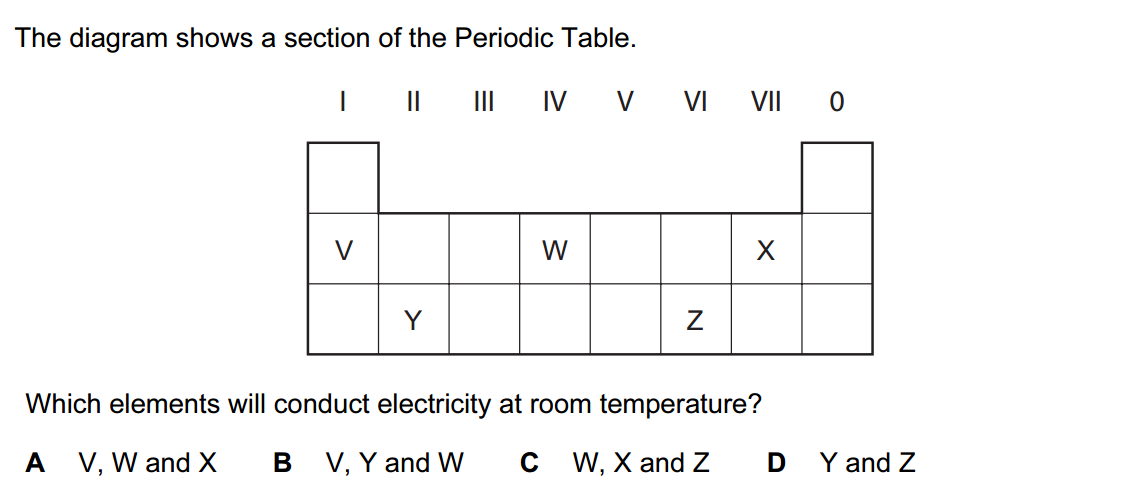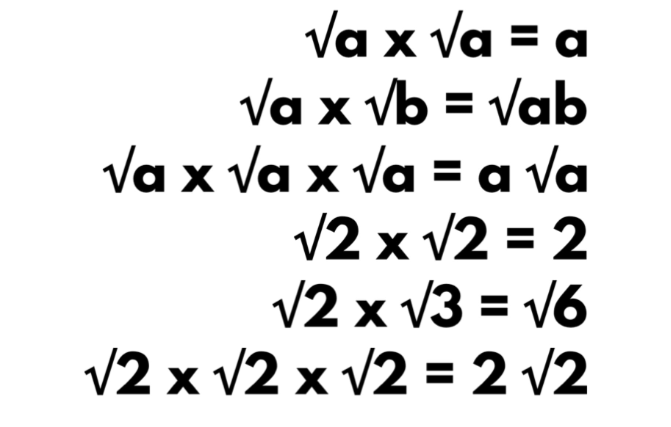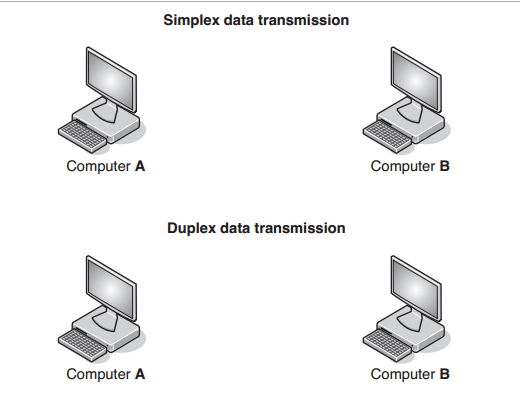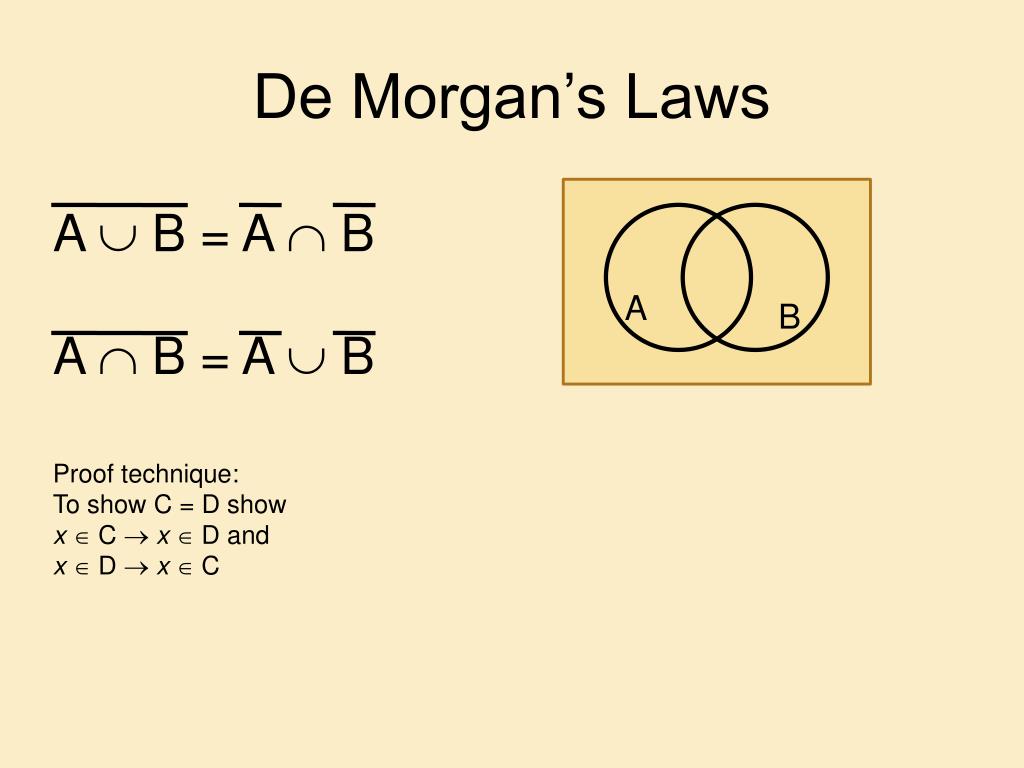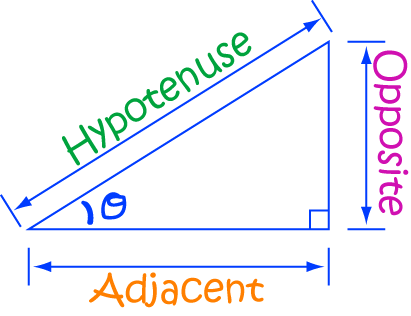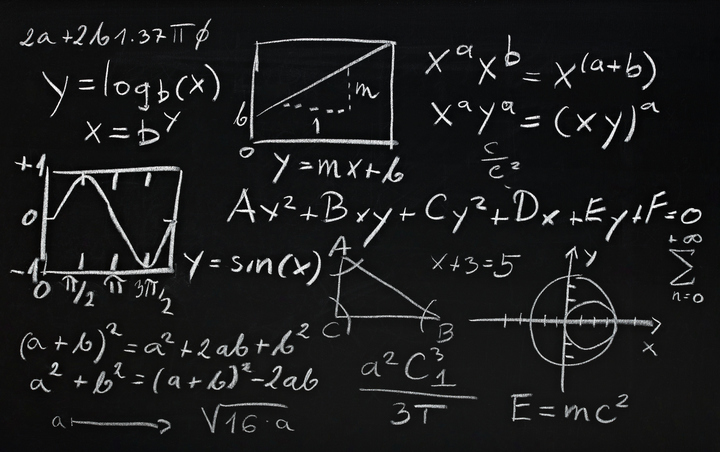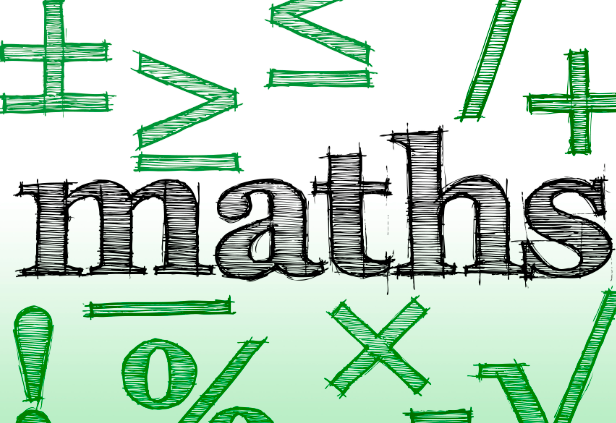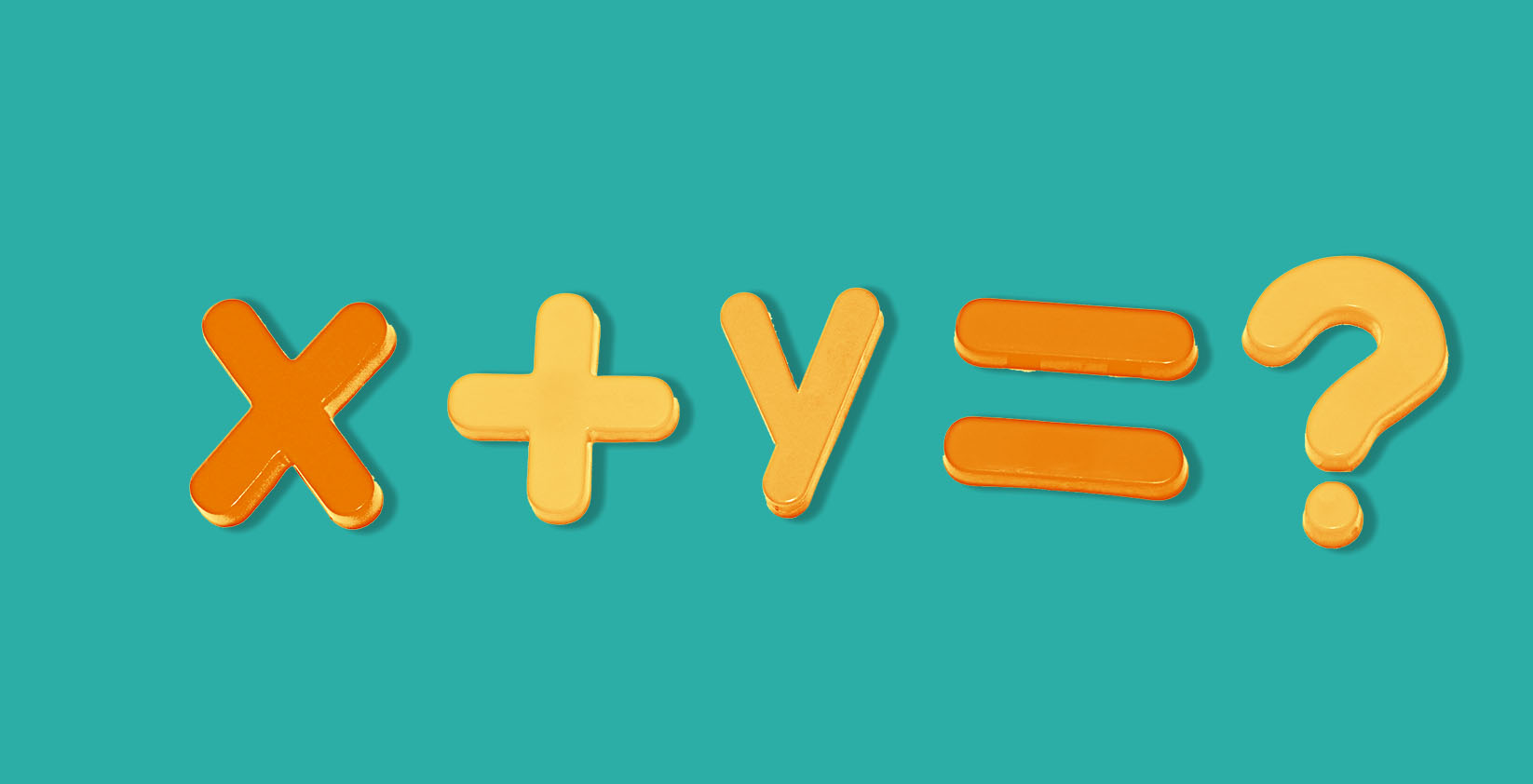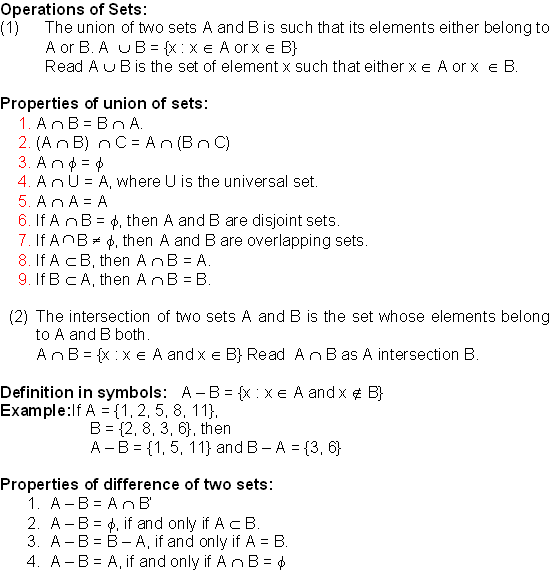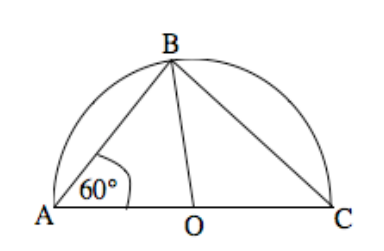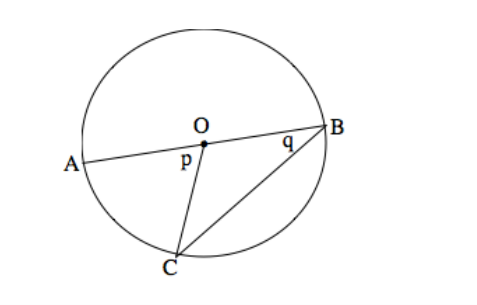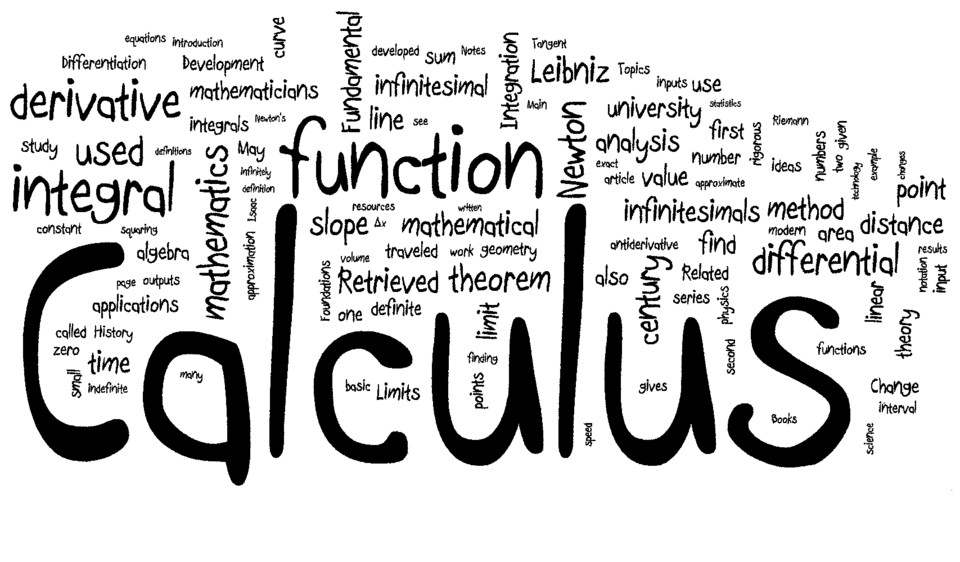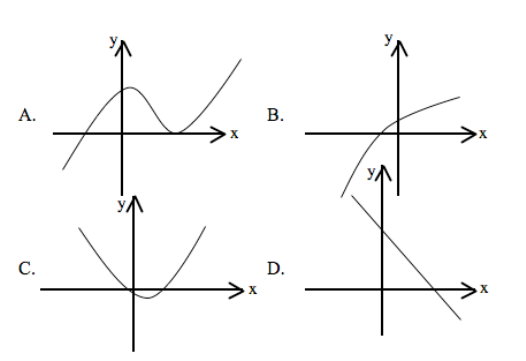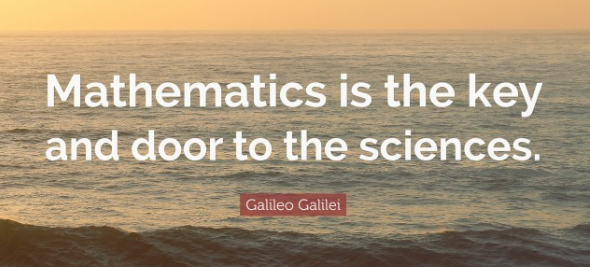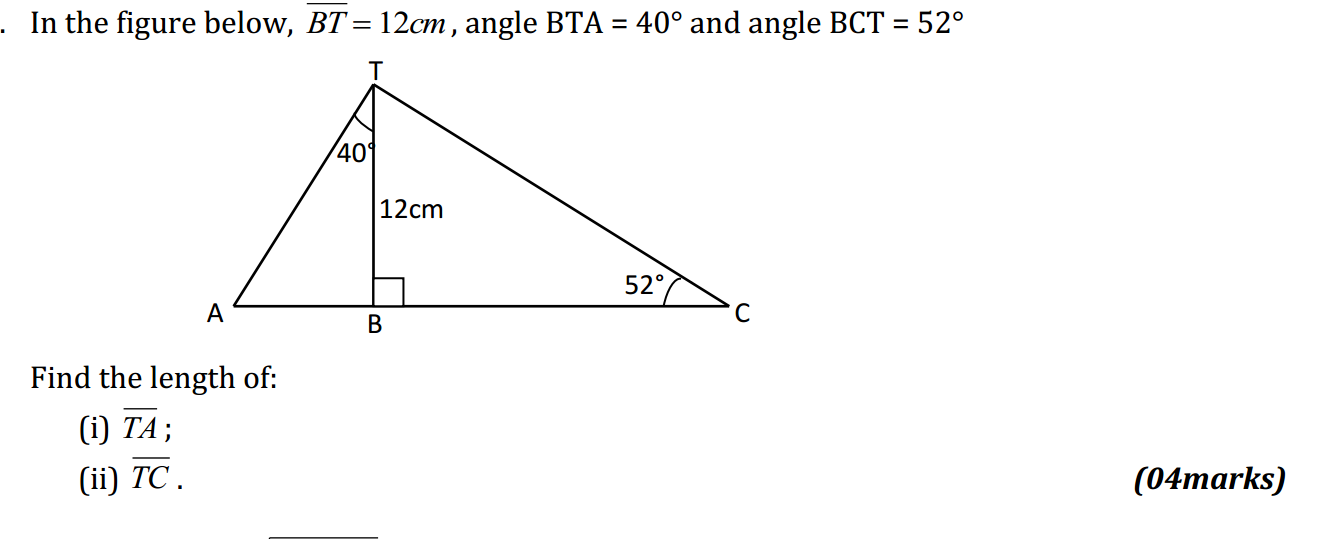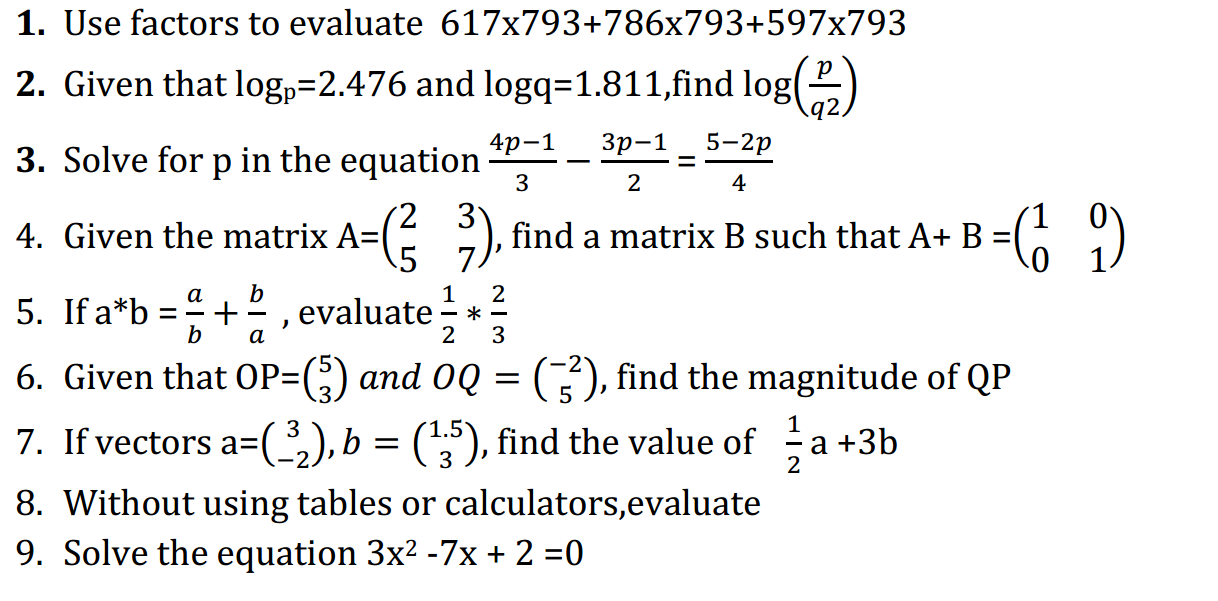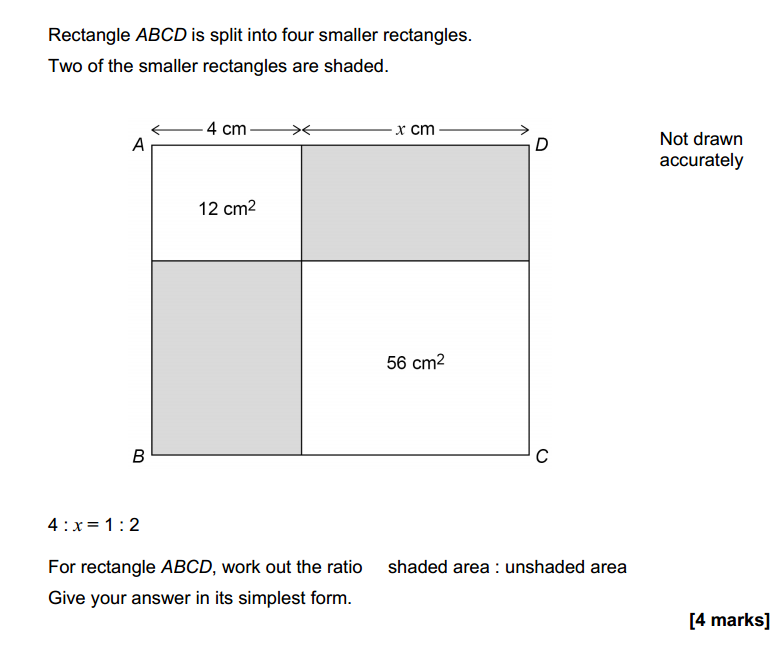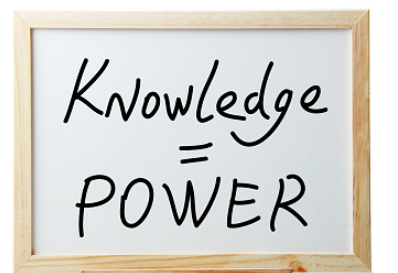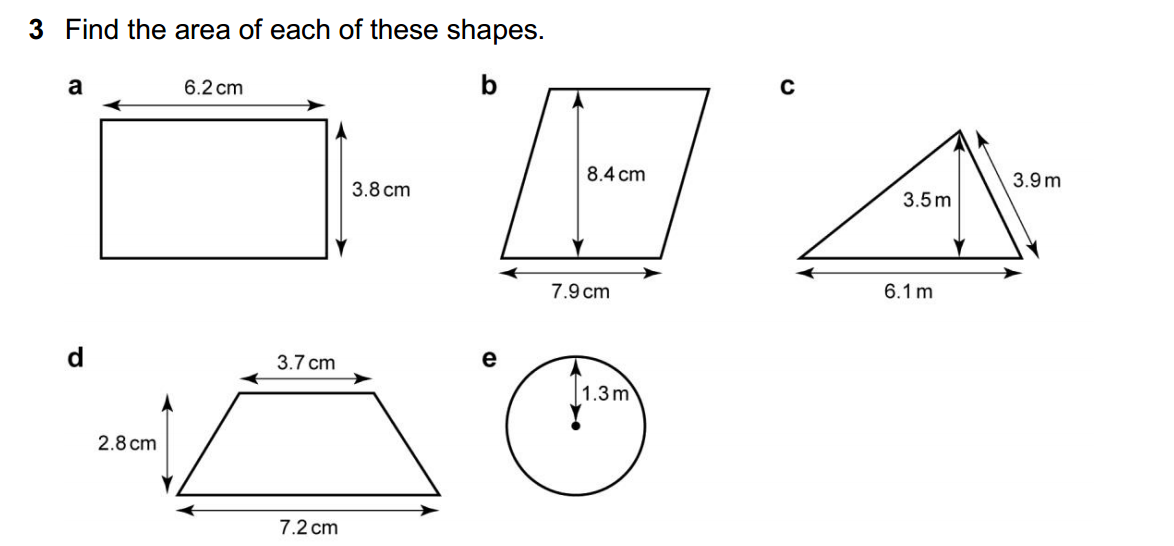Mathematics plays a fundamental role in everyone’s life, and its importance cannot be overstated. Here are some key reasons why math is essential:
- Practical Life Skills: Basic mathematical skills are necessary for everyday activities such as managing personal finances, budgeting, calculating expenses, and understanding financial transactions. Whether it’s calculating discounts, measuring ingredients for a recipe, or determining travel distances, math is crucial for making informed decisions in various aspects of our lives.
- Problem Solving: Mathematics develops analytical and critical thinking skills, which are vital for problem-solving in any field. It teaches us how to approach complex problems, break them down into manageable steps, and find logical solutions. Problem-solving skills gained through math are transferable to many real-life situations and professional settings.
- Career Opportunities: Proficiency in mathematics opens doors to a wide range of career opportunities. Many fields, including science, technology, engineering, finance, data analysis, research, and computer programming, require a strong foundation in math. Math skills are highly valued in these industries as they enable individuals to analyze data, solve complex problems, and make data-driven decisions.
- Logical Reasoning: Mathematics enhances logical reasoning skills, which are essential for critical thinking and decision-making. It helps individuals to think critically, analyze information, identify patterns, make connections, and draw logical conclusions. This ability to think logically is crucial in various aspects of life, including academic pursuits, problem-solving, and understanding the world around us.
- Technology and Innovation: Mathematics is the language of science and technology. It underpins various technological advancements and innovations. Fields such as computer science, artificial intelligence, cryptography, and data science heavily rely on mathematical principles and algorithms. Without a solid mathematical foundation, it would be challenging to understand and work with the technologies that shape our world.
- Quantitative Literacy: In today’s information age, being quantitatively literate is essential for informed decision-making. Being able to interpret and analyze numerical data, understand statistics, and evaluate probabilities helps individuals make sense of the vast amount of information available to them. It enables individuals to critically evaluate claims, assess risks, and make well-informed choices in personal and professional contexts.
In conclusion, mathematics is a fundamental discipline that permeates various aspects of our lives. From basic everyday calculations to complex problem-solving, math equips us with essential skills, enhances our logical reasoning abilities, and opens up diverse career opportunities. Its applications extend far beyond academia and contribute to our overall understanding of the world while enabling us to make informed decisions in numerous real-life situations.



